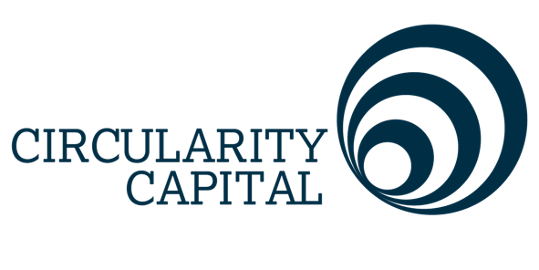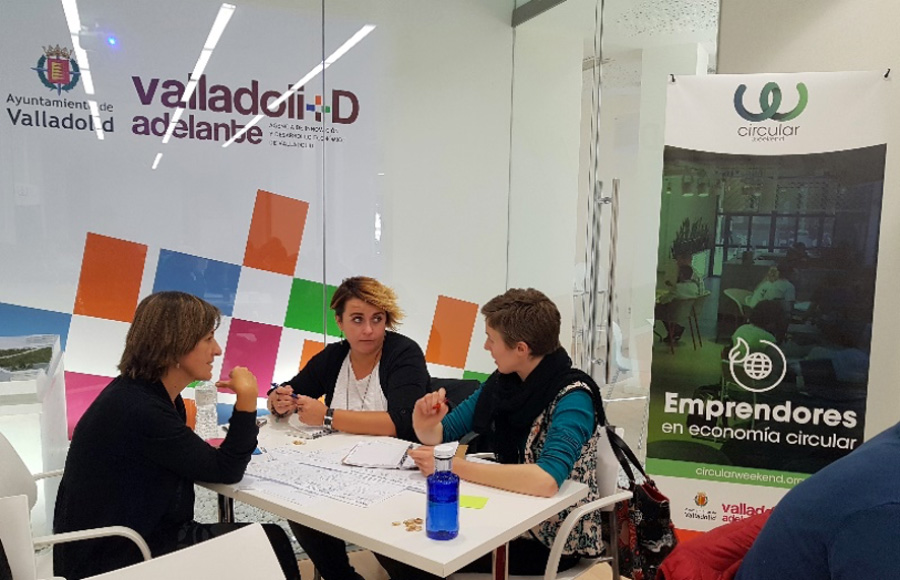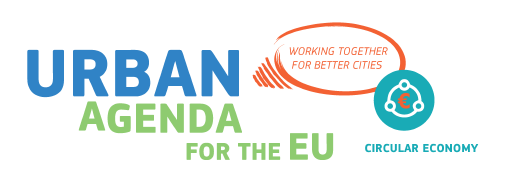
Innovative, circular companies need access to knowledge, networks and funding to be able to grow. Traditionally, it is difficult for small- and medium-sized enterprises (SMEs) to obtain such access, especially for companies with innovative technologies or business cases: however, private equity firms can provide a funding solution. The UK-based private equity firm Circularity Capital ![]() was specifically created to invest in European growth SMEs operating in the circular economy. They combine a sound understanding of the circular economy with financial expertise, thereby providing businesses with access to knowledge, networks, and funding in the circular economy.
was specifically created to invest in European growth SMEs operating in the circular economy. They combine a sound understanding of the circular economy with financial expertise, thereby providing businesses with access to knowledge, networks, and funding in the circular economy.
In the last 2.5 years, Circularity Capital has raised GBP 60 million. They started investing these funds in companies operating in the circular economy, such as ZigZag ![]() , Winnow
, Winnow ![]() , and Grover
, and Grover ![]() .
.
Finding investors and investments
When Circularity Capital started raising capital for its circular investments, a common barrier was the lack of knowledge about the circular economy within the wider investment community. The private equity firm spent significant time on creating awareness of the concept in the financial sector. The team’s main takeaway from this exercise was that it is important to communicate clearly the value drivers inherent in the circular economy. They also noted that, in the last one or two years, the financial world is increasingly familiar with the circular economy, which makes it easier to attract investors.
Finding good circular investments has not been an obstacle for the company. Because of the specialist focus of Circularity Capital, they have adopted a European-wide investment mandate. This move has increased the number of investment opportunities, as well as the quality of investments. Moreover, their active involvement in circular economy networks helps them to get in contact with promising circular companies earlier. Circularity Capital works actively with other frontrunners such as Sitra ![]() , Circular Glasgow, and the London Waste and Recycling Board.
, Circular Glasgow, and the London Waste and Recycling Board.
Combining circular and financial impact

When Circularity Capital started, they defined their understanding of the concept of “circular economy” to help them identify business activities that fell under this definition. Following this, specific investment criteria were determined, such as the degree of value that is created by circular activities or the level of resource optimisation of a company. The company recognised that the environmental impact can differ per sector. A common indicator that can be applied is global warming potential (reduced CO2 emissions), but this has to be supplemented with indicators that provide insight into material flows.
For Circularity Capital, it is important that impact performance is linked with financial performance. A positive investment decision from Circularity Capital requires a direct linkage between the two. Businesses in the company’s portfolio regularly report on the impact they have made, so that investors can also be updated on the achievements that they have obtained. When deciding whether to invest in a specific business, Circularity Capital considers the value that a circular strategy can create. For businesses that create products from waste, the highest revenues can be realised when the end-product is of a high value, while the value of the waste is low.
Circularity Capital acknowledges that investing in circular businesses is not necessarily riskier than investing in linear businesses. On a longer term, there could even be more risks in continuing with linear business models. Decreasing the overall level of risk of an investment remains of course important, especially since many initiatives require high capital investments in the beginning of their operations. For example, a service that rents out assets needs to buy all these assets first. To limit risks, Circularity Capital invests in businesses that have already identified their market, have a good customer base, and are delivering strong performance.
General lessons learnt
Circularity Capital contributes to the circular transition in the financial sector. Their experiences provide lessons which can be of use to other investors:
- Educating on the concept of circular economy is important to attract investors, especially since the concept is relatively new. This can be done by creating a clear definition and a set of investment criteria which are clearly communicated.
- For the circular economy to achieve its full potential, investors in circular projects should care about environmental impact as well as financial returns. Through the creation of impact indicators, the environmental benefits of the project can be assessed and demonstrated.






